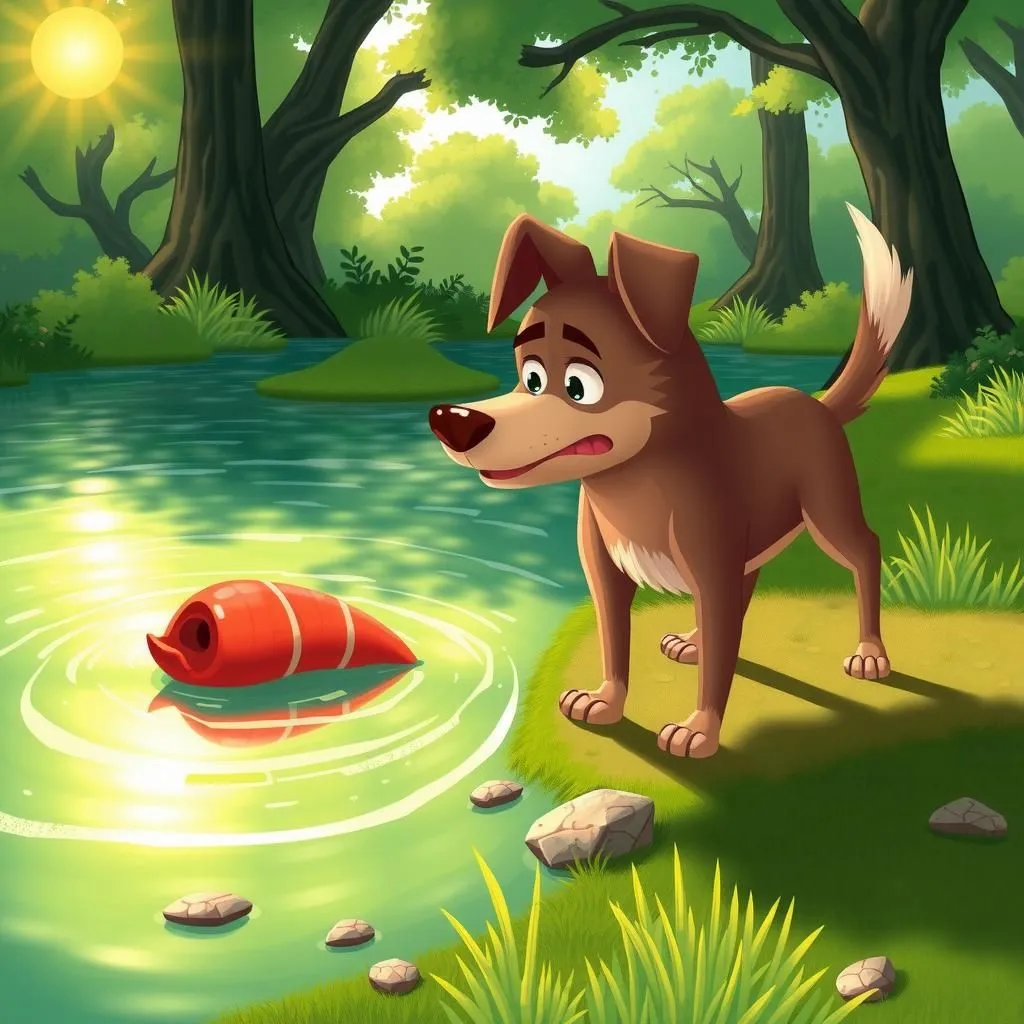
The Traveler and His Dog
In "The Traveler and His Dog," a traveler impatiently blames his dog for delaying their journey, believing the dog is not ready. However, the dog reveals that he has been waiting for the traveler, illustrating a key lesson learned from stories: those who procrastinate often misplace the blame on their more diligent companions. This captivating moral story serves as a reminder of the importance of taking responsibility for our own actions.


